Haloacetic acids (HAA5)
Chaska
Haloacetic acids are formed when disinfectants such as chlorine are added to tap water. The group of five haloacetic acids regulated by federal standards includes monochloroacetic acid, dichloroacetic acid, trichloroacetic acid, monobromoacetic acid and dibromoacetic acid. Read More.
Haloacetic acids are harmful during pregnancy and may increase the risk of cancer. Haloacetic acids are� genotoxic, which means that they induce mutations and DNA damage. Multiple studies by the National Toxicology Program have demonstrated the cancer-causing properties of individual haloacetic acids in laboratory animals. The Department of Health and Human Services is currently considering listing di- or tri-haloacetic acids for possible inclusion in its comprehensive Report on Carcinogens.
Samples
Samples exceeding legal limit (MCL)
Samples exceeding
health guidelines
Testing results - average by year
| Year | Average result | Samples taken | Detections | Range of results |
|---|---|---|---|---|
| 2013 | N/A | 0 | 0 | N/A |
| 2014 | 3.95 ppb | 1 | 1 | 3.95 ppb |
| 2015 | 6.70 ppb | 1 | 1 | 6.70 ppb |
| 2016 | 6.40 ppb | 1 | 1 | 6.40 ppb |
| 2017 | 5.70 ppb | 1 | 1 | 5.70 ppb |
| 2018 | 3.90 ppb | 2 | 2 | 3.75 ppb - 4.06 ppb |
| 2019 | 5.85 ppb | 1 | 1 | 5.85 ppb |
ppb = parts per billion
State and national drinking water standards and health guidelines
EWG Health Guideline 0.1 ppb
The EWG Health Guideline of 0.1 ppb for the group of five haloacetic acids, or HAA5, was defined in a peer-reviewed scientific study by EWG and represents a one-in-a-million lifetime cancer risk level. This health guideline protects against cancer.
EPA Maximum Contaminant
Level (MCL) 60 ppb
The legal limit for the group of five haloacetic acids (HAA5), established in 1998, was based on the need for residual disinfectant levels in water served to customers and the cost of treatment. This limit does not fully protect against the risk of cancer and harm to the developing fetus due to exposure to haloacetic acids.
ppb = parts per billion
All test results
| Date | Lab ID | Result |
|---|---|---|
| 2014-12-17 | 3.95 ppb | |
| 2015-12-02 | 6.70 ppb | |
| 2016-12-05 | 6.40 ppb | |
| 2017-12-05 | 5.70 ppb | |
| 2018-07-02 | 4.06 ppb | |
| 2018-12-03 | 3.75 ppb | |
| 2019-12-02 | 5.85 ppb |
